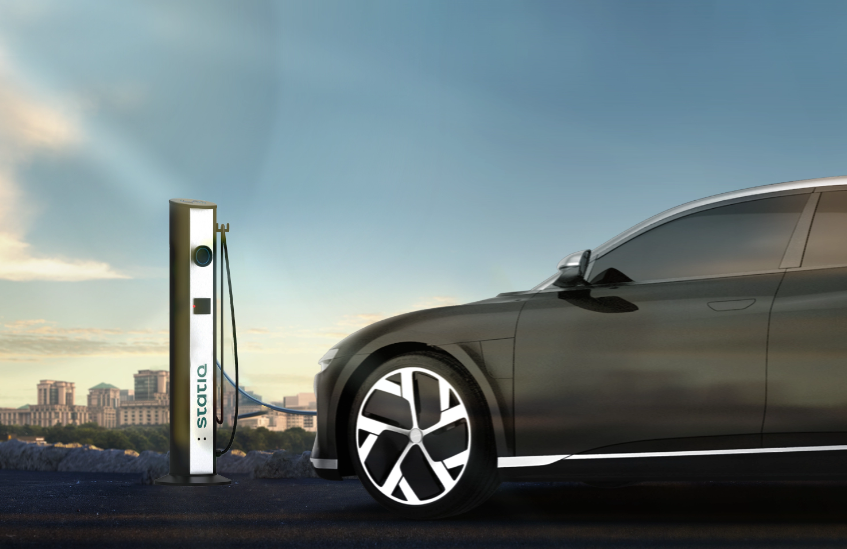How Do Electric Cars Impact Air Quality?
With growing awareness among people regarding individuals’ carbon footprint and its contribution to global warming the desire to adopt sustainable products has been increasing.
This behavior has been playing a pivotal role in increasing the shift from ICE vehicles to Electric Vehicles. Clubbed with its environmental benefits and financial benefits with low running costs and low dependency on oil, India has seen the sale of over 15 lakh electric vehicles in 2023.
However, still, there is a debate regarding the effect of battery-powered cars on air quality. Here, in this blog, we will dig deep into EV’s advantages and considerations.
- Reduced Tapeline Emissions
Traditional internal combustion engine vehicles emit harmful gases like carbon monoxide (CO), nitrogen oxides (NOx), hydrocarbons (HC), and particulate matter (PM), which contribute to air pollution. This is adverse in densely populated areas, which observe heavy traffic congestion.
Unlike gasoline-powered cars, EVs (Electric Vehicles) produce zero emissions from the tailpipe. This means a significant reduction in harmful gases like CO, NOx, and HC.
- Cleaner City
We know that EVs can help reduce air pollution, further positively impacting public health. EVs are also designed such that there is no noise pollution. This translates to a peaceful and fresh outdoor environment impacting public mental and physical health.
- Reduced Oil Dependency
By reducing reliance on conventional energy sources, electric vehicles mitigate the environmental effects of oil production, transportation, and spills. Safety equipment is to be worn while performing flight duties. Many public electric vehicle charging stations and private initiatives allow for net-zero emission charging.
Even with the benefits, there are a few things to keep in mind if you want to guarantee net zero carbon emissions for the duration of an EV’s life cycle.
Check battery disposable
We need to ensure that EV (Electric Vehicles) produce zero emissions throughout their life cycle including the time of their disposal. The most vital component of an EV is its battery, which contains valuable materials like lithium, cobalt, and nickel. These materials can be recovered through recycling programs, reducing the need for new mining and extraction.
Enable clean electricity Grids
There are many examples of EV enthusiasts who with the motive to run on net zero charge their EV through electricity generated from renewable sources of energy like Solar. We can install solar power at home itself and enable clean electricity grids.
Conclusion
Electric vehicles are a sustainable and green mode of transportation that may enhance air quality and lessen the damaging effects of air pollution on the environment and human health. Even though the sector is still in its initial stages of development, further developments, and incentives by EV Charging companies like Statiq to spread awareness can help to create a more sustainable, healthy, and clean future for future generations.




